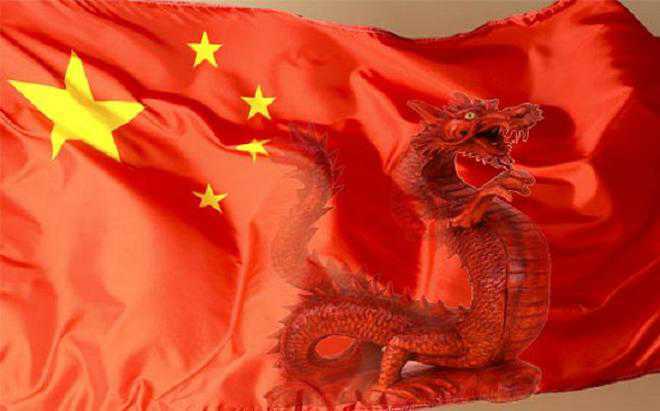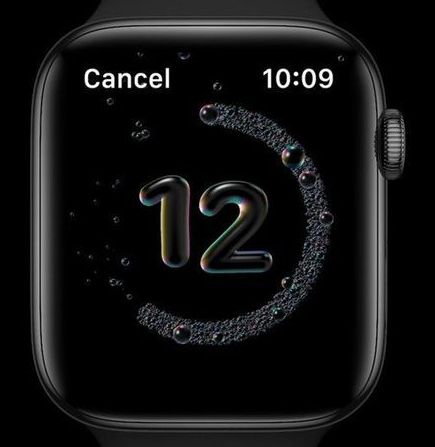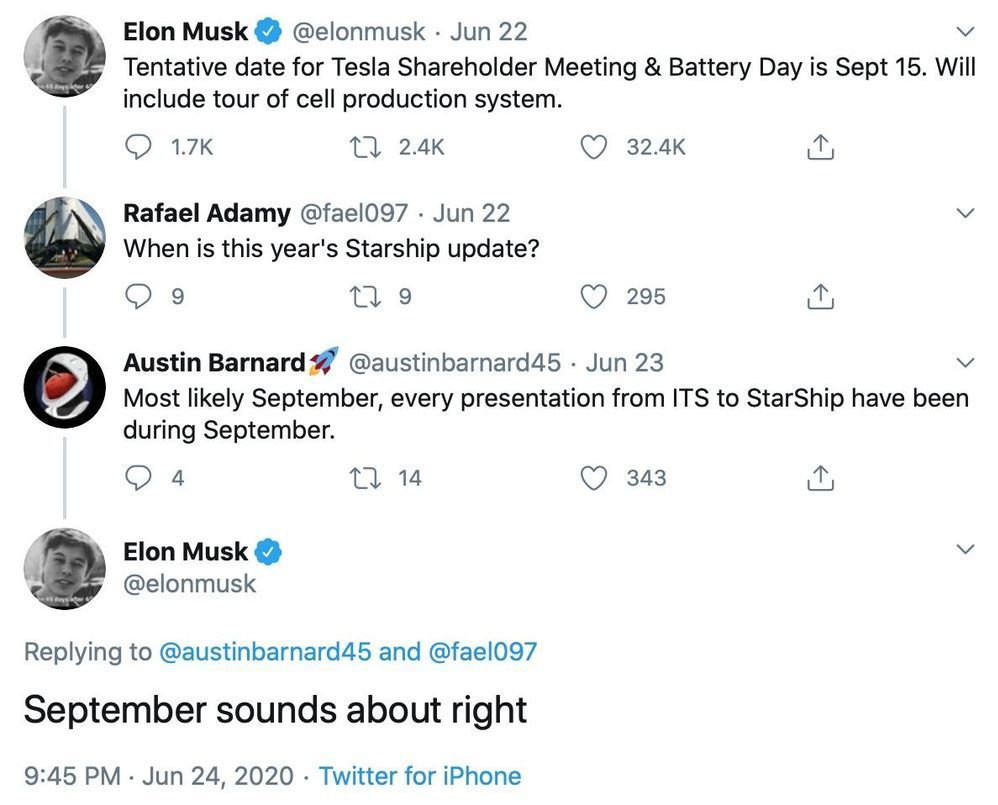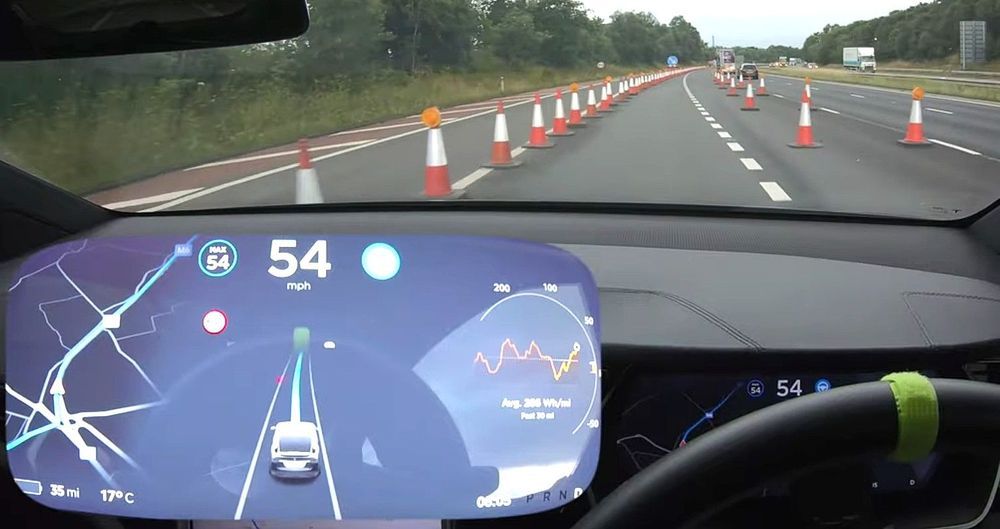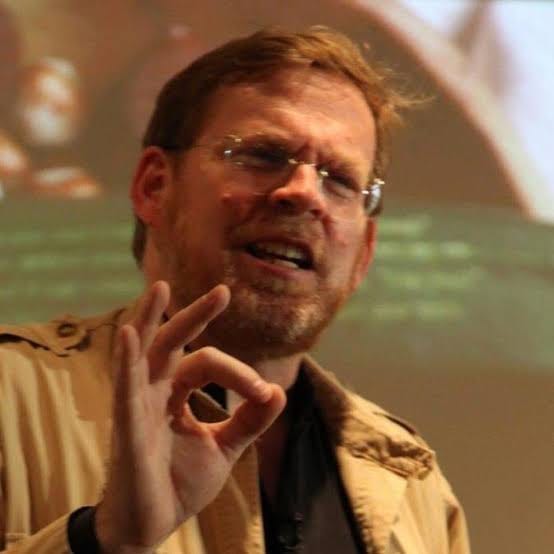The audio of the fascinating talks & panel at the Future Day Melbourne 2020 / Machine Understanding event:
Kevin Korb — https://archive.org/searchresults.php Wilkins — https://archive.org/details/john-wilkins-humans-as-machines (John, sorry about the audio — also do you have the slides for this?) Hugo de Garis — https://archive.org/details/hugo-de-garis-future-day-2020 Panel — https://archive.org/…/future-day-panel-kevin-korb-hugo-de-g…
The video will be uploaded at a later date.
There is much public concern nowadays about when an AGI (Artificial General Intelligence) might appear and what it might go and do. The expert community is less concerned, because they know we’re a long ways off yet. More fundamentally though: we’re a long ways off of API (Artificial Primitive Intelligence). In fact, we have no idea what an API might even look like. AI took off without ever reflecting seriously on what I, either NI or AI, really is. So, it’s been streaking along in myriad directions without any goal in sight.

